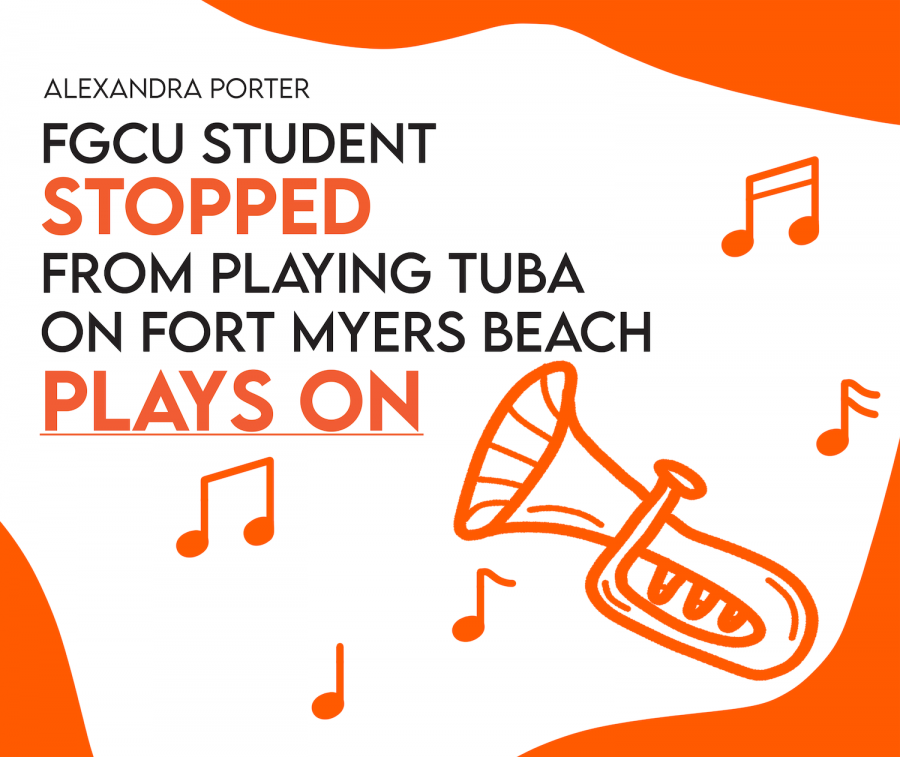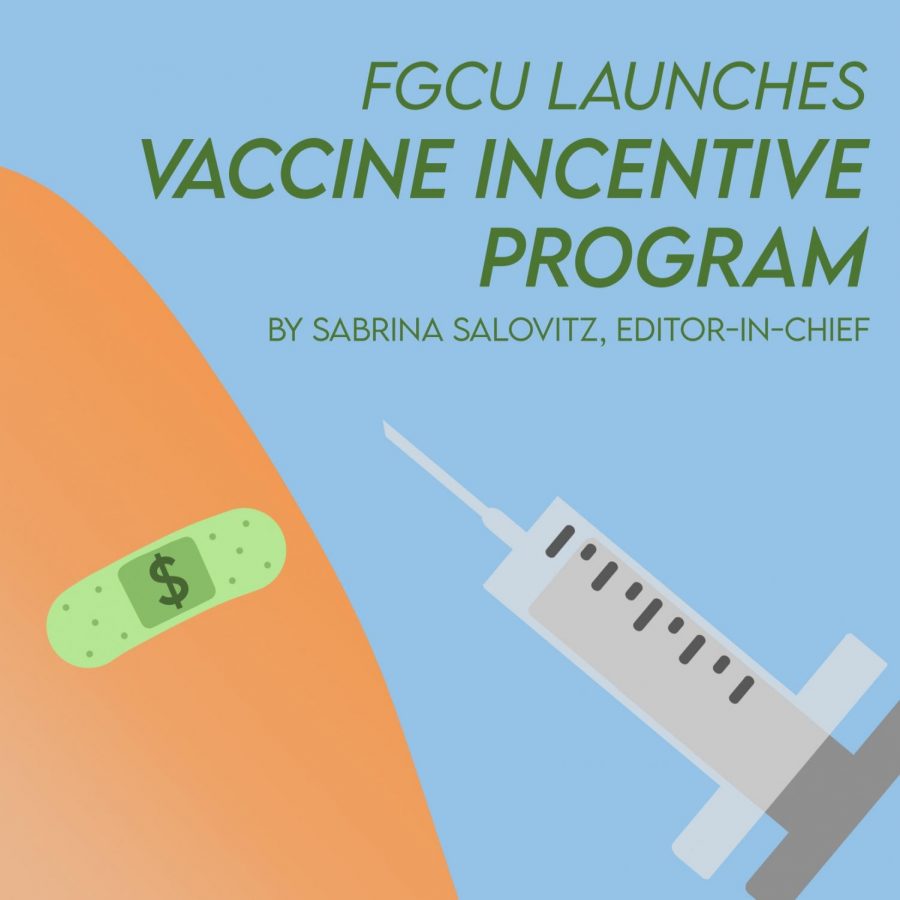The buzz is back at Florida Gulf Coast University as bee season continues to startle students and visitors. The campus is known for its abundant honeybee population during the cooler months of the year that is often seen swarming trash receptacles.
For some students, this can be intimidating.
“I hate them and am terrified of getting stung,” freshman Cassidy Mase said. “When throwing something away, they are pretty much everywhere.”
While the swarms can seem unnerving, professor Charles Gunnel says that bees’ disappearance would be more alarming than their active presence. Gunnels, who has taught at FGCU since 2007, specializes his research on the study of social insects and wasps.
“Without bees we wouldn’t have many of the foods we eat year-round,” Gunnels said. “They do a lot of the pollination that is critical for our agricultural crops. At this time of the year, flowers tend to be limited by the number of insects that are available to pollinate them. Without bees, they won’t seed and people literally have to go from flower to flower to do hand pollination, which is extremely
expensive. Bees are one of the most important domestic animals we have.” Gunnels said that honeybees have always congregated in various areas around the university from December to March for as long as he can remember. They are attracted to sugary residues left in trash receptacles from sodas and sweet drinks. They are not building hives, but instead are trying to get nutrients from an alternative source as they wait for flowers to bloom.
“Honeybees only sting if there is something of value for them to protect,” Gunnels said. “They are innocuous, not dangerous. They’re not aggressive because there is nothing to defend in a trashcan.”
According to a Jan. 21 New York Times article, the bee population across the United States is dwindling at a disturbing rate.
The article states the mysterious mass die-offs of honeybees have wiped out roughly a third of the commercial colonies each year since 2006. (According to the Department of Agriculture), Honeybees are crucial to the production of crops that make up a quarter of Americans’ diet. The pollination adds about $15 billion to the crops’ value each year.
Many beekeepers have dealt with regional bee crises before, but the national decrease is new territory for the United States. The spread of colony collapse disorder, an unexplained phenomena in which worker bees simply do not return to their hives, and ribonucleic acid virus, which can be compared to the AIDS virus in humans, seem to be the blame. Unfortunately, there have not been breakthroughs in science to stop the decline in bees.
Senior civil engineering major Austin Getgen realizes the importance of the honeybee presence on campus.
“I’m just glad to see the bees are around, with much of their global population dying mysteriously,” Getgen said.
Jim Hehl, director of the physical plant at FGCU, is aware of the swarms of bees on campus.
“I have my boys go in and pressure-wash and clean the trash cans,” Hehl said. “Last week we had the staff go around and clean a number of them. It’s all you can do and it’s a lot of maintenance on our part, but it happens. It’s nature and bees are bees. This happens every year so we just let nature take its course.”
While it may be unsettling to see so many bees in our common areas, staff at the university agrees that their presence is a positive one.
“Students should be excited that it’s bee season,” Gunnel said. “We can see them collecting food at no expense to us. Our trash has become a very nice temporary solution for them and their colonies until nature can provide for them.”








































